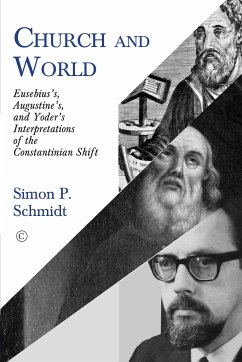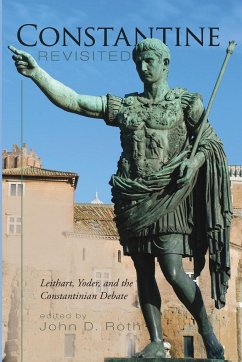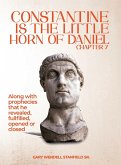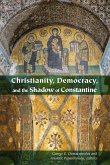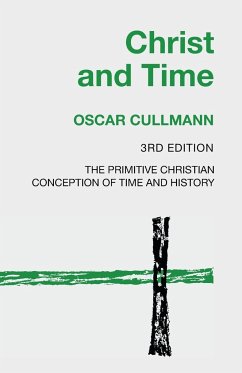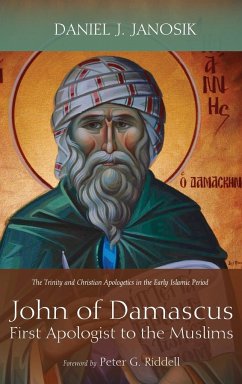"In the world but not of it" - an expression that has been interpreted in a multitude of ways. With the publication of Rod Dreher¿s much-debated book The Benedict Option in 2017, the question of just how the church is to exist "in but not of the world" is once again on the minds of many. To provide answers true to the context in which the Western church now finds itself, it is worth first investigating how the question has been answered in the past. In determining what to do today, it helps to understand how we got here in the first place. At the beginning of the fourth century, people were persecuted for being Christians; by the end of the fourth century, people were persecuted for not being Christians. This book is an academic investigation of how three paradigmatic theologians interpreted this so-called Constantinian shift: Eusebius of Caesarea (ca. 260-339), Augustine of Hippo (354-430), and John Howard Yoder (1927-1997). Surprising similarities between the theology of Eusebius and Yoder become apparent, and underlying theological structures of how to interpret what it looks like to be a community that follows Christ are revealed.
Bitte wählen Sie Ihr Anliegen aus.
Rechnungen
Retourenschein anfordern
Bestellstatus
Storno

